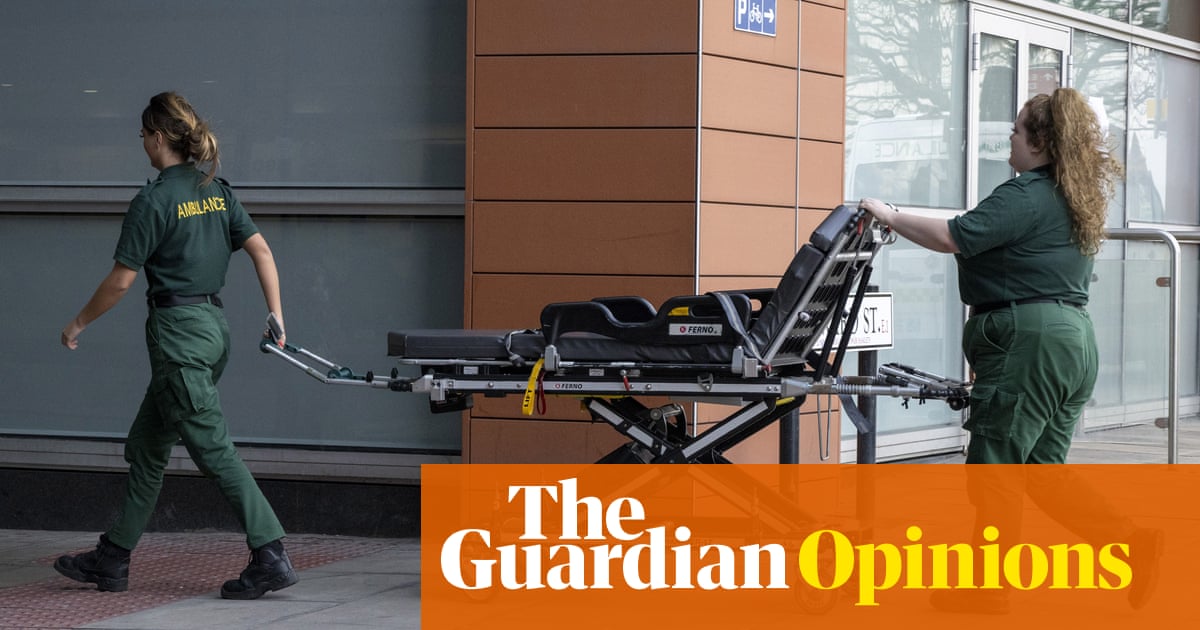
hy has the mortality rate for coronavirus decreased in the UK? The Intensive Care National Audit and Research Centre has analysed data from more than 10,000 patients admitted to intensive care units in England, Wales and Northern Ireland, and shown that the 28-day mortality of patients admitted to ICU has fallen from 43.5% before the April peak to 34.5% after the peak – a decrease of nine percentage points.
Some have suggested this may be due to “herd immunity” or that over time we have learned how to successfully treat this disease. But there’s scant evidence to support these claims. So what’s going on?
Emerging data suggests that some people who have not been exposed to Sars-Cov-2 have a type of white blood cell (T cell) that recognises the virus because it has previously been exposed to other coronaviruses, such as the common cold. Whether these cross-reactive T cells prevent or lessen the impact of infection in people with coronavirus is not yet known. It’s an intriguing preliminary finding, but there’s currently no evidence that we have herd immunity in the UK.
Studies have consistently shown that fewer than 20% of the UK population have antibodies to coronavirus in their blood, and we don’t fully understand the mechanisms by which our immune systems deal with this new virus effectively.
The term herd immunity is ill-defined and unhelpful. It suggests that we can now relax our adherence to measures such as social distancing and facial coverings. But this is no time for complacency. We’re heading towards a winter that will probably be challenging, and we all need to continue to do our part in reducing viral transmission. The most likely contributor to decreased mortality is the same reason we’ve seen a reduction in the number of Covid cases: the UK population has adhered to social distancing, wearing face coverings, working from home and regular hand hygiene.
Have we got better at treating Covid-19? As much as I would like to say yes, my answer is “not sure”. Many clinical management approaches have been proposed for coronavirus, such as hydroxychloroquine, non-invasive ventilation and vitamin supplements, and many have suggested that given the pressing need for treatments, we should use these as soon as possible. This has resulted in patients across the globe being administered therapies for which there is little evidence of benefit.
During the pandemic there has been immense pressure to circumvent our usual pathways for safely discovering treatments. In the face of a devastating disease, the desire to act quickly to find new interventions is unsurprising. The controversy surrounding hydroxychloroquine is a good example of this. Despite increasing evidence that the drug is not effective in the treatment of people who have developed Covid-19, or in preventing the development of the disease in people exposed to the virus, people in countries such as Brazil and the US continue to receive this therapy.
There have also been many questions about the optimum way to support people who are having difficulty breathing. Many people have declared their approach to be the correct one, but there is currently little evidence suggesting that non-invasive ventilation is superior to invasive mechanical ventilation when treating patients with severe cases of Covid-19.
The use of unproven therapies outside clinical trials should concern us all, and has been actively discouraged by the UK’s chief medical officers. There is no drug or therapy that does not have side-effects or adverse consequences, so every time we take this approach, patients are being exposed to risk in the absence of evidence.
Worse, every time we administer an unproven therapy outside a clinical trial, we are wasting an opportunity to learn something that may help save many lives. Evidence suggests that patients enrolled in randomised clinical trials, or who are treated in hospitals with high levels of research activity, have better clinical outcomes than those who are not.
There are many coronavirus therapies that are currently going through rigorous clinical trials. The National Institute for Health Research-funded Recovery trial has recruited more than 12,000 hospitalised patients with Covid-19 since March, and has already provided evidence that the anti-inflammatory dexamethasone improves survival in hospitalised patients needing oxygen or mechanical ventilation, whereas the antivirals hydroxychloroquine and lopinavir-ritonavir are ineffective.
We also have evidence from clinical trials in the US that remdesivir may be an effective antiviral, as well as preliminary data that inhaled interferon-beta-1a might be of benefit, a finding that now needs confirming in large clinical trials, and the Recovery-RS trial is seeking to determine the best way to support the breathing of patients with Covid-19.
During a pandemic, people look for certainty. But science doesn’t work like that. We raise hypotheses, we test them, we refine them, and we repeat the process. This takes time, and although we are making astonishing progress during the coronavirus pandemic, much uncertainty remains. Facts are merely things that have yet to be proven untrue, and people who say they know the answers but can’t provide evidence should be treated with scepticism.
At the moment, we can’t be certain why the mortality associated with Covid-19 has fallen in the UK, but there are many people working on understanding why, and on making it fall still further. In the meantime, we all need to continue doing our best to reduce viral transmission while this important work is still going on.
• Dr Charlotte Summers is a lecturer in intensive care medicine at the University of Cambridge










